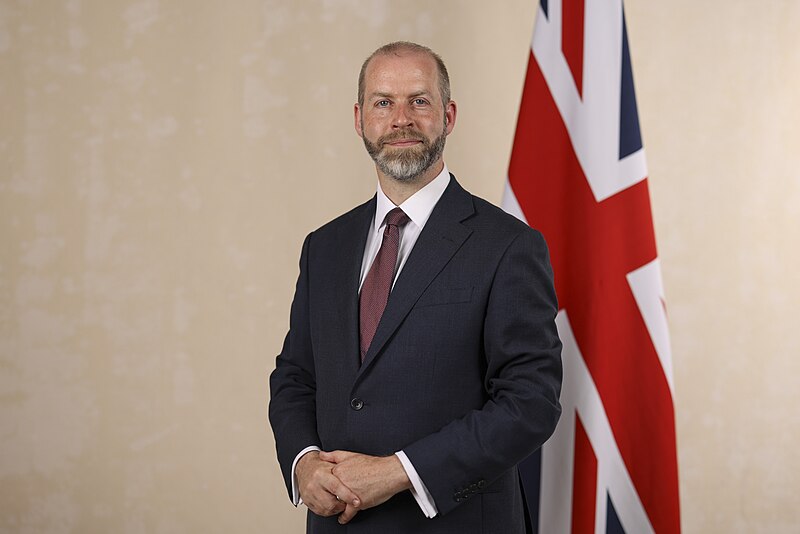
Business and Trade Secretary Jonathan Reynolds has expressed serious concerns over Donald Trump’s proposed trade policies, warning they pose a greater threat to the UK than to other
comparable nations. Speaking candidly, Mr. Reynolds acknowledged that the impact on the UK could be severe, highlighting the risks of a potential tariff war under the incoming US administration.
The risk of tariff wars
Donald Trump, set to officially return to the White House on January 20, has pledged to impose tariffs on goods entering the US, including a proposed 25% tariff on all imports from Canada and Mexico. While intended to address the US trade deficit, these tariffs could trigger retaliatory measures from other nations, with the UK caught in the crossfire.
A tariff functions as a tax on imported goods, paid by domestic importers to the government. These costs are often passed on to consumers through higher prices or absorbed by businesses, leading to reduced profits. Economists warn that Trump’s tariff policies could impact the UK economy as profoundly as Brexit.
UK vulnerabilities
Mr. Reynolds emphasized that the UK, as a globally-oriented economy, is especially vulnerable to such policies. “The danger to the UK is actually greater than even some comparable countries,” he noted, pointing to the country’s heavy reliance on international trade. The government is already engaging with the incoming administration to mitigate potential fallout.
While Mr. Reynolds sees opportunities for closer collaboration with the US in areas like technology and digital trade, he stressed the importance of preparedness. “We can’t be complacent,” he said. “Our work has been focused on engaging early with the new administration.”
Implications for key industries
One of the sectors most at risk is the UK’s car industry, a cornerstone of the economy that relies heavily on exports. “The car industry is a jewel in the crown of our economy,” Mr. Reynolds remarked. With significant exports to the US, China, and the EU, maintaining balanced relationships with trade partners is crucial to the industry’s success. Tariff increases could disrupt this balance, making UK exports less competitive and threatening jobs.
Impact on jobs and inflation
The financial strain from tariffs could extend to the broader economy, potentially affecting employment. “Ultimately, tariffs are paid for by your own people,” Mr. Reynolds explained. This would exacerbate inflation and hinder businesses’ ability to hire and retain staff. He reiterated the value of free trade, emphasizing the need to reduce barriers to commerce.
Despite these challenges, Mr. Reynolds expressed cautious optimism, suggesting that the UK could leverage the situation to strengthen its trade relationships. However, he warned that the risks of a tariff war between allies and trading partners remain significant.
Current economic performance
Addressing broader economic concerns, Mr. Reynolds admitted dissatisfaction with the UK’s recent growth figures. The Office for National Statistics reported a modest GDP growth of 0.1% in November, following contractions in the previous two months. While the return to growth is a positive sign, it fell short of economists’ expectations of a 0.2% rebound.
A challenging road ahead
As the UK prepares for the potential fallout from Trump’s trade policies, the government is focusing on maintaining strong global trade relationships and safeguarding key industries. While there are opportunities for growth, the risks of a tariff war and economic disruption cannot be ignored. Photo by Lauren Hurley / No 10 Downing Street, Wikimedia commons.







































